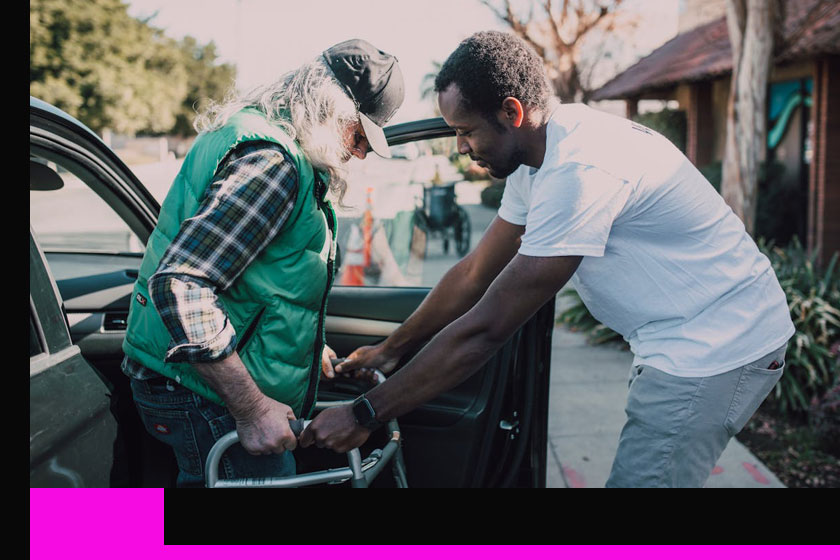We live in a world that often feels fractured, scrolling through headlines filled with crisis and division. But behind the scenes, something quieter, more powerful, is still rippling through the chaos: kindness. Even now that we’re years past the pandemic—research shows that people are still helping strangers, offering comfort, and showing up for one another in surprising ways. Kindness, it turns out, isn’t a trend. It’s a choice we keep making.
According to the 2024 World Happiness Report, global levels of everyday kindness, helping strangers, donating, volunteering, are still significantly higher than they were pre-pandemic, with helping strangers up 18%. Researchers call this the “benevolence bump”—a post-COVID rise in compassion that, remarkably, hasn’t faded with time.
In a world that’s tired of hyper-productivity, and polarized debate, people are reaching for something more human. That might look like:
- Checking in on a neighbor you barely know.
- Sending a handwritten card or voice note “just because.”
- Choosing empathy in the middle of disagreement.
Small intentional acts that renew hope. Because we don’t just long for connection, we hunger for meaningful connection. For conversations that go deeper than emojis. For community that holds space for pain, not just posts polished photos.
In uncertain times, kindness isn’t just a moral virtue, it’s a spiritual witness. The story of David and Mephibosheth (2 Samuel 9) shows us what it means to extend grace in a world that expects power, judgment, or silence. In a culture where new kings destroyed the descendants of former rulers, David chose something radical: kindness to the vulnerable. He invited Mephibosheth, a disabled and abandoned son of his enemy, to eat at the king’s table “like one of the king’s sons” (2 Samuel 9:11). This wasn’t pity. It was covenant love. It was a response to the God who “prepares a table for me in the presence of my enemies…” (Psalm 23:5) and invites us to “Love one another as I have loved you” (John 13:34).
The Bible never promises easy times—but it gives us a framework for when fear rises, respond with faith. When conflict escalates, offer peace. When cruelty is loud, choose kindness. In Romans 12:10, Paul urges us: “Be devoted to one another in love. Honor one another above yourselves.” Kindness in hard times is holy resistance. It’s a small act of rebellion against cynicism. It’s how we mirror the heart of Jesus, who welcomed children, touched outcasts, and forgave enemies.
Here are three simple invitations—whether you’re worn down or well-resourced:
- Slow down and see someone. Really see them. Ask how they are—and wait for the answer.
- Write a short note or text of encouragement to someone you’ve been thinking of.
- Pray each morning: “God, show me who needs kindness today—and help me respond like You would.”
Kindness won’t make headlines. It won’t go viral most days. But it changes the atmosphere around us—and sometimes, the course of a life. Like Mephibosheth, someone in your circle may be waiting for a place at the table… and your invitation might be the one they remember forever. So today, in a world full of noise, be the quiet voice of grace.


